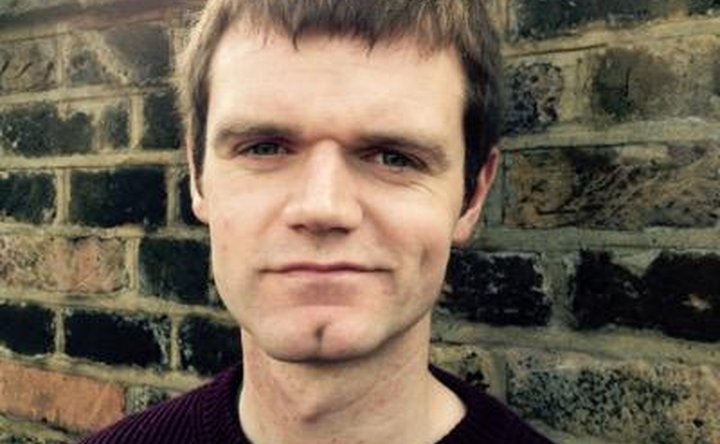Airbus predicts two-year wait for helicopter market recovery
Airbus will equip the H160M with weapons including the MBDA Sea Venom antiship missile. (Photo: Airbus)
Bruno Even, CEO of Airbus Helicopters, has said it could take several years before the helicopter market recovers from the impact of COVID-19.
The manufacturer announced on 26 January 2022 that it secured 419 gross orders for civil and military helicopters in 2021, up from 289 aircraft ordered in 2020 – a strong performance in light of international economic uncertainty.
‘Worldwide bookings are still not at the level of 2019 and we think it will take another two to three years before we recover from levels seen before the [COVID-19] crisis, but the trend [of growth] is there,’ said Even during
Already have an account? Log in
Want to keep reading this article?
More from Air Warfare
-
![Bell selected over Boeing to build DARPA SPRINT X-Plane]()
Bell selected over Boeing to build DARPA SPRINT X-Plane
The programme first began in 2023 with Bell and Boeing’s concepts progressing to Phase 1B, in which testing has been carried out over the last year.
-
![National Audit Office report highlights major delays in UK’s F-35 programme]()
National Audit Office report highlights major delays in UK’s F-35 programme
The report discloses that while the capability provided by the F-35 is superior to previous UK aircraft, delays from the UK Ministry of Defence on the programme have significantly impacted the country’s warfighting capabilities.
-
![Boeing E-7A still in South Korean AEW&C competition, despite dropout reports]()
Boeing E-7A still in South Korean AEW&C competition, despite dropout reports
The E-7A is one of three aircraft submitted for the South Korean AEW&C II competition, which seeks to acquire four more aircraft of the type for its air force by 2028.
-
![France pushes for 80% workshare as FCAS programme nears critical development stage]()
France pushes for 80% workshare as FCAS programme nears critical development stage
Tensions on the programme have long simmered, with Airbus and Dassault recently clashing over workshare in June ahead of the Paris Air Show. The sixth-generation fighter programme is due to replace Rafale and Eurofighter Typhoon jets beginning in 2040.
-
![US Air Force conducts climate testing with the T-7A Red Hawk]()
US Air Force conducts climate testing with the T-7A Red Hawk
The trainer aircraft recently completed the second round of extreme weather trials after enduring icy, windy and sunny conditions.






















